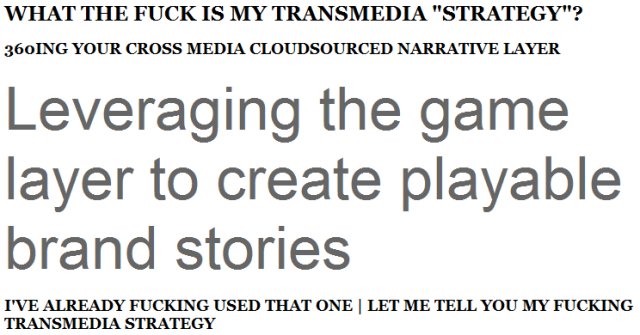Eric Schmidt, former CEO of Google said: “I don’t believe society understands what happens when everything is available, knowable, and recorded by everyone all the time.” Privacy is dying, if not already clinically dead, in the online world. If you really want (or need) to airbrush yourself out of the picture, here are some suggestions on how to go about doing it.
The Internet has made our world a lot smaller. It has also made our histories a lot better-catalogued and more-searchable, and those developments — coupled with the weird phenomenon that people’s common sense tends to fly out the window when it comes to posting information and pictures — aren’t always beneficial to us.
[. . .]
Instead of popping you into a Witness Protection program — or changing your name — let us show you five steps on how to disappear from the Internet.
Step 1: Know Thine Enemy
Before you take any action, you need to know what you’re trying to get rid of. So first, do a search for your name — don’t just search Google, though, search online people search aggregation sites such as ZabaSearch, Intelius, Pipl, and Spokeo.
Here’s how to run an online background check (on yourself) for free.




